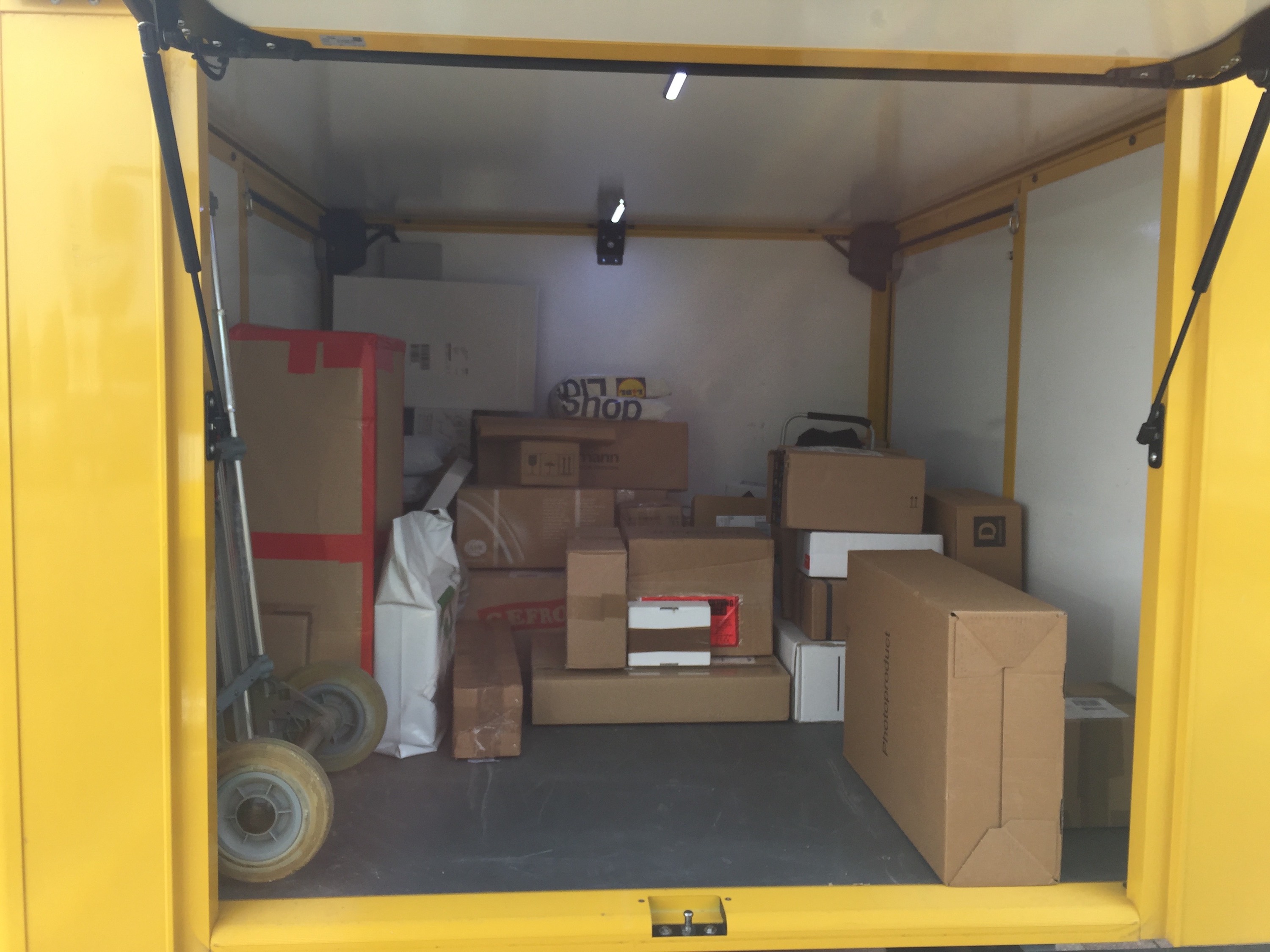Successful blockchain examples are not very well known to the general public at the moment. Nevertheless, the experts are convinced that the advantages associated with this technology can be used in many industries. Practical applications should help to make the myth’blockchain’ more tangible. They should help to explain the respective blockchain innovation.
The most recent example is an industrial consortium comprising AB InBev, Accenture, APL, Kühne + Nagel and a European customs organisation. The companies jointly tested a block chain solution that “could eliminate the need for printed shipping documents and save the freight and logistics industry hundreds of millions of dollars annually.
Essentially, Blockchain can be seen as a common, distributed commodity book that is used to record transactions and track assets in a digital format. This allows multiple stakeholders to share the same information securely and confidentially.
One of the main advantages of Blockchain innovation is that it can reduce the large amounts of duplicate documentation generated in a traditional supply chain.
Blockchain innovation for document transfer
An Accenture project manager explains: “An international shipment of goods for companies in sectors such as the automotive, retail or consumer goods industries usually requires more than 20 different documents, many of which are often paper-based so that the goods can get from the exporter to the importer. Up to 70% of the data can be replicated across these documents. The document-intensive approach limits real-time data quality and transparency for all trading participants, which can also delay the financial settlement of goods.
The new blockchain solution will be able to “…. speed up the entire flow of transport documents, decrease the need for data entry by up to 80%, simplify data changes throughout the shipping process, streamline the controls required for loading and reduce the burden and risk of penalties for customers’ compliance with customs regulations”.
Optimization of the shipping process
Adriana Diener-Veinott, Head of Accenture’s Freight & Logistics Industry Practice, commented: “Our tests have demonstrated the feasibility of a shipping process in which many documents can be replaced by secure and distributed data exchange with clear and defined ownership.
The consortium members each selected a specific stakeholder in the shipping process: AB InBev represented a typical exporter; APL contributed its role as a shipping organisation; Kuehne + Nagel from Hamburg in Germany set the direction for the requirements for a forwarding agent and a European customs organisation replicated the regulatory requirements for the cargo. Accenture provided the technology and consulting expertise for block chain technology. The technical architecture for the development of a blockchain solution was also provided by Accenture.
In our opinion, the logistics industry is ideally suited for the use of blockchain technology. Clear structures and processes are in use that make the innovations quickly deployable thanks to Blockchain. We will report on further of these practical assignments.
Post a Comment
You must be logged in to post a comment.






















